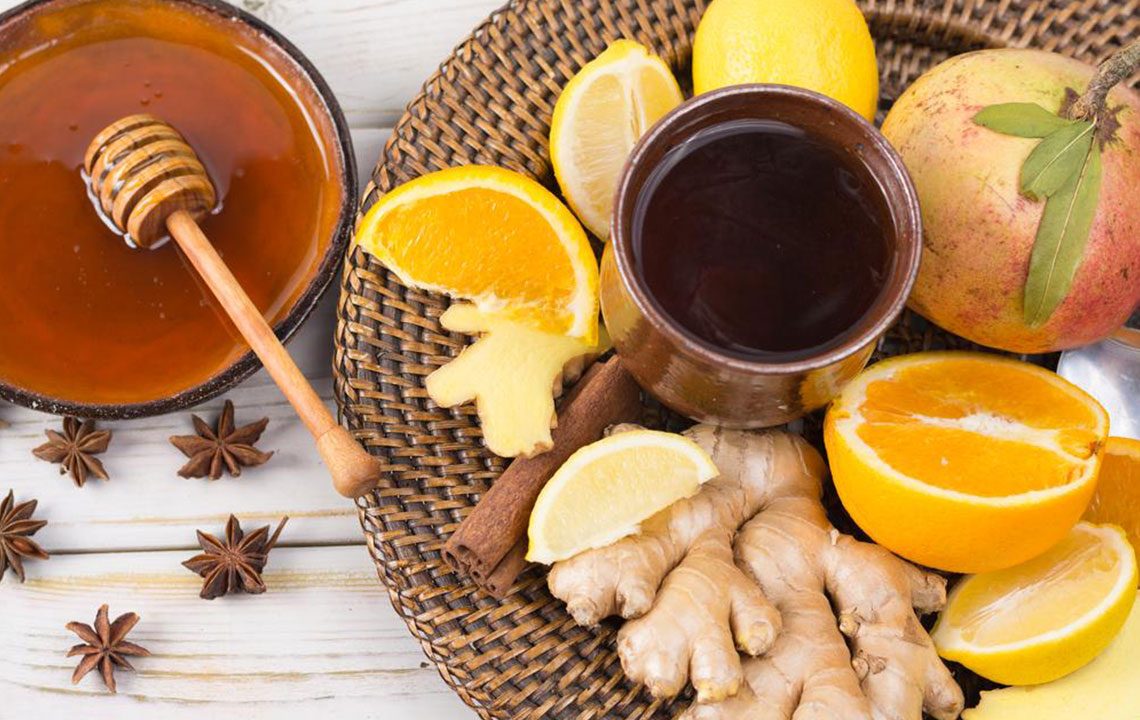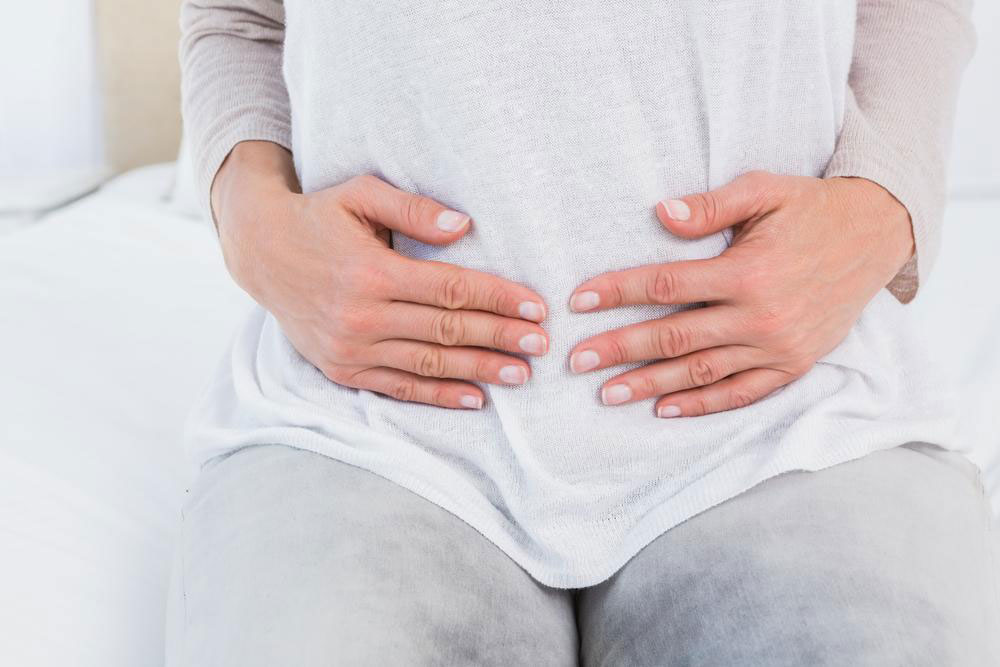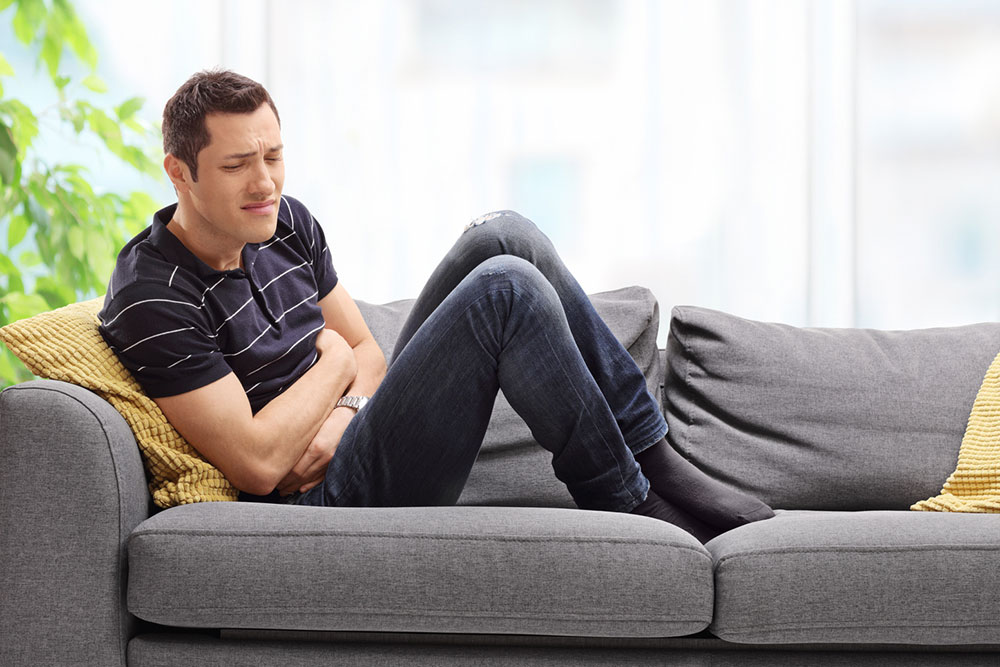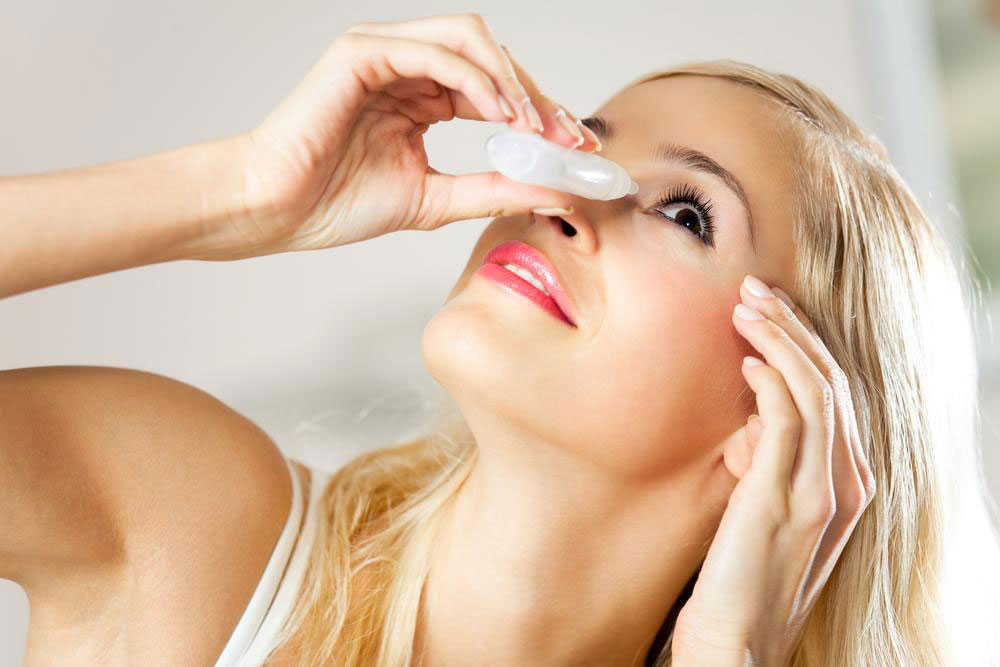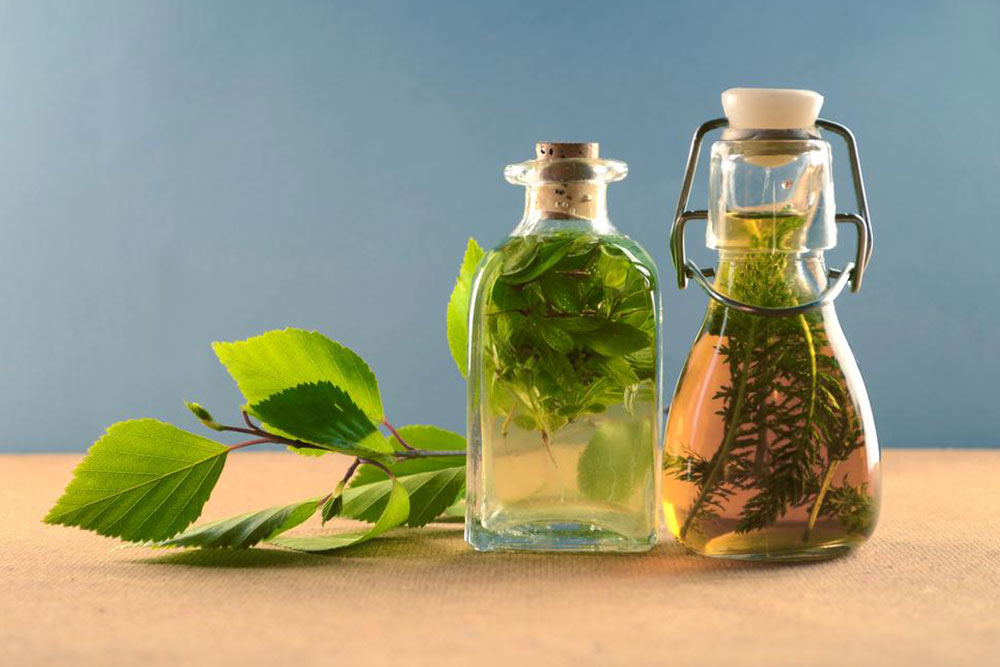Comprehensive Home Strategies to Relieve Hemorrhoid Pain and Discomfort Naturally
Discover comprehensive natural home strategies to effectively relieve hemorrhoid pain and discomfort. Learn about risk factors, symptoms, diagnostic methods, and proven remedies such as high-fiber diets, sitz baths, and herbal applications. Implement lifestyle changes and simple home remedies to manage symptoms, promote healing, and prevent recurrence. Consult healthcare providers for severe cases. This guide offers detailed, practical advice for anyone suffering from hemorrhoids seeking safe, effective relief using natural and at-home methods.

Effective Natural Home Remedies for Hemorrhoid Relief
Hemorrhoids, commonly known as "piles," are swollen or inflamed veins located around the anal area. This condition causes significant discomfort, itching, bleeding, and pain, affecting a large portion of the population at some point in their lives. While hemorrhoids are a common health issue, especially prevalent among middle-aged individuals, they can often be managed successfully through lifestyle modifications and home remedies. In severe cases, medical treatments, including surgical interventions, might be necessary. However, for most people, adopting certain habits and using natural remedies can effectively alleviate symptoms and improve quality of life.
Who is at Greater Risk of Developing Hemorrhoids?
While anyone can develop hemorrhoids, certain groups and risk factors heighten susceptibility. Individuals in their 50s tend to be more vulnerable, but overall, factors such as pregnancy, obesity, chronic constipation, and lifestyle habits significantly contribute to the risk. Recognizing these factors can help in taking proactive measures to prevent or manage hemorrhoids effectively.
Expectant mothers due to increased pressure in the pelvic area during pregnancy
Overweight or obese individuals who exert additional pressure on blood vessels
People with chronic constipation or straining during bowel movements
Prolonged sitting on the toilet, which increases pressure around the anal veins
A diet low in fiber, leading to difficulty in bowel movements
Anal injuries or trauma during passing stool
Recognizable Symptoms of Hemorrhoids
Knowing the symptoms is essential for early detection and management. Common signs include:
Blood appearing during bowel movements, often painless but alarming
Persistent itching and irritation around the anal area
Pain or discomfort, especially while sitting or during bowel movements
Swelling, inflammation, or lumps near the anus
Diagnosis of Hemorrhoids
Most cases of hemorrhoids are diagnosed through visual inspection; however, additional tests may be required for internal hemorrhoids or if other underlying conditions are suspected. Typical diagnostic methods include:
Digital Rectal Exam: A healthcare provider performs a manual examination to feel for abnormalities in the anal canal and rectum.
Sigmoidoscopy: A small flexible camera examines the interior of the anal canal and lower rectum, helping to identify internal hemorrhoids and other issues.
Colonoscopy: A more comprehensive examination of the entire colon, often recommended if symptoms suggest more serious underlying conditions like colorectal cancer.
Preventive Measures to Protect Against Hemorrhoids
Preventing hemorrhoids involves lifestyle changes to promote healthy digestion and reduce pressure around the rectal area. Practical tips include:
Drinking plenty of water daily to soften stool
Engaging in regular physical activity to improve bowel motility
Eating a high-fiber diet rich in fruits, vegetables, and whole grains
Avoiding prolonged sitting and straining during bowel movements
Maintaining consistent bathroom habits and not delaying urges
Choosing easily digestible foods to prevent constipation
Natural Home Remedies for Hemorrhoid Relief
Numerous natural remedies can soothe symptoms and promote healing without medication. These include:
High-Fiber Diet: Incorporate foods like oats, fruits, vegetables, and whole grains to facilitate smooth bowel movements and reduce strain. Adequate fiber intake helps prevent constipation, which is a primary contributor to hemorrhoid aggravation.
Aloe Vera: Applying pure aloe vera gel externally can calm irritated skin, reduce itching, and accelerate tissue healing, providing immediate relief from discomfort.
Sitz Baths: Sitting in warm water for about 15-20 minutes multiple times a day softens tissues, alleviates pain, reduces swelling, and promotes circulation.
Proper Hygiene: Regularly clean the anal area with gentle, unscented wipes or washes to prevent infection and irritation. Keeping the area dry is crucial.
Moist Toilet Wipes: Use mild, moist wipes designed for sensitive skin to cleanse after bowel movements, minimizing irritation and discomfort.
Stool Softeners: Over-the-counter or doctor-prescribed stool softeners facilitate easier bowel movements, preventing straining and further blood vessel injury.
Cold Compresses: Applying ice packs or cold compresses to the affected area significantly reduces swelling and numbs pain, offering quick relief.
Witch Hazel: Topical application of witch hazel acts as a natural astringent to shrink swollen blood vessels and relieve itching and pain.
Implementing these remedies alongside lifestyle changes can drastically alleviate hemorrhoid symptoms, improve comfort, and prevent recurrence. Though home treatments are effective for mild to moderate cases, persistent or severe symptoms should prompt consultation with a healthcare professional for further evaluation and treatment options.
